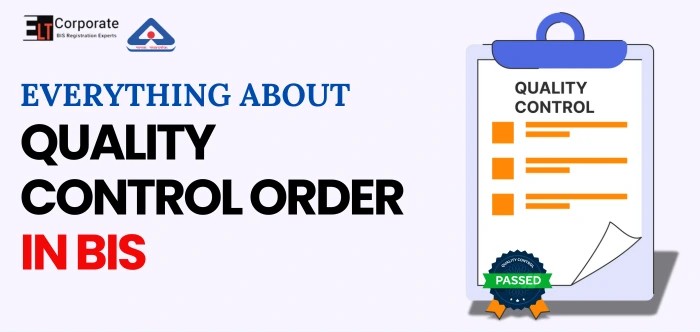India is doubling its bet on Quality Control Orders (QCOs) to increase local manufacturing, protect consumers, and enhance export competitiveness. Far from mere protectionist trade barriers, QCOs are now considered strategic tools to ensure security, equity, and unrivaled alignment on the global stage.
Key Highlights:
-
ConsumerOriented Origins: QCOs began in the late 1990s when unsafe, cheap imports, including untested Chinese toys, flooded Indian markets. The government responded with mandatory registration and quality testing to protect public health.
-
Present Scope: India has released 187 QCOs for 769 products in steel, electronics, and consumer goods sectors until March 2025. Domestic and international products must be BIS certified.
-
ExportDriven Strategy: The government is shifting away from subsidies towards enforcing quality to place Indian products on the international map. QCOs are now at the center of India's "carrot and stick" approach to fostering industrial excellence.
-
MSME Impact: While the compliance burden is dreaded by some small producers, fee rebates, longer time periods, and export unit exemptions have been introduced by the government to make the transition smoother.
-
Global Dialogue: Indian Commerce Minister Piyush Goyal has agreed to relax QCOs for consistent trading partners based on mutual recognition of standards.
India's QCO model is no longer just about regulation—it's about building trust, raising the bar, and futureproofing Indian industry in a highly competitive world market.
Sources: The Hindu BusinessLine, The Hindu, Economic Times
